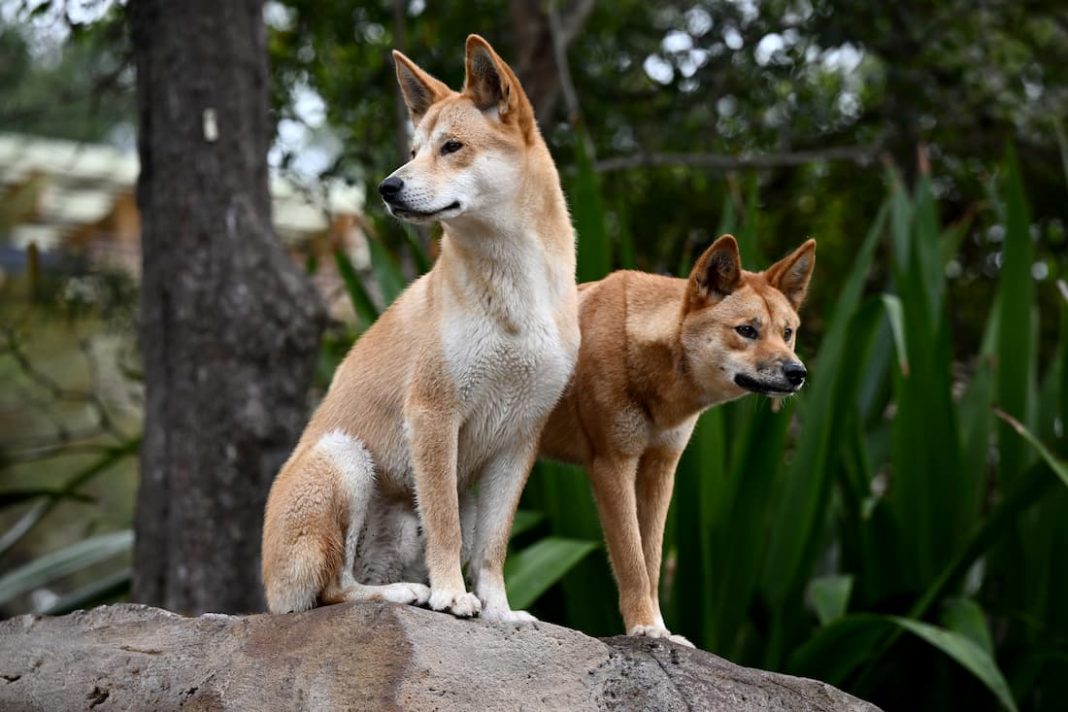It’s said that a dog is a man’s best friend, but the wild dingo is much maligned in Australia. This may not always have been the case though, with new research led by experts at The Australian National University (ANU) and The University of Western Australia suggesting that dingoes were buried – and even domesticated – by First Nations people prior to European colonisation.
The researchers examined remains at the Curracurrang archaeological site, south of Sydney, where radiocarbon dating of dingo bones revealed the animals were buried alongside humans as far back as 2,000 years ago.
The care taken to bury the animals suggests a closer relationship between humans and dingoes than many previously realised, according to lead researcher Dr Loukas Koungoulos from ANU.
“Not all camp dingoes were given burial rites, but in all areas in which the burials are recorded, the process and methods of disposal are identical or almost identical to those associated with human rites in the same area,” Dr Koungoulos said.
“This reflects the close bond between people and dingoes and their almost-human status.”
The burials weren’t the only sign that Australia’s First Peoples domesticated wild dingoes, however, with severely worn teeth found at the site suggesting a diet heavy in large bones, likely from scraps from human meals.
The researchers also identified remains of dingoes of varying ages at the site – from pups to animals aged six to eight years. This shows that First Nations people didn’t just care for young dingoes before they returned to the wild, but that they built much more substantial relationships, the researchers argued.
“These findings mark an important development in our understanding of the relationship between Australia’s First Peoples and dingoes,” co-author Professor Susan O’Connor from ANU said.
“By the time Europeans settled in Australia, the bond between dingoes and Indigenous people was entrenched. This is well known by Indigenous people and has been documented by observers.
“Our work shows that they had long-lasting relationships prior to European colonisation, not just the transient, temporary associations recorded during the colonial era.”
The research is published in PLOS One.



